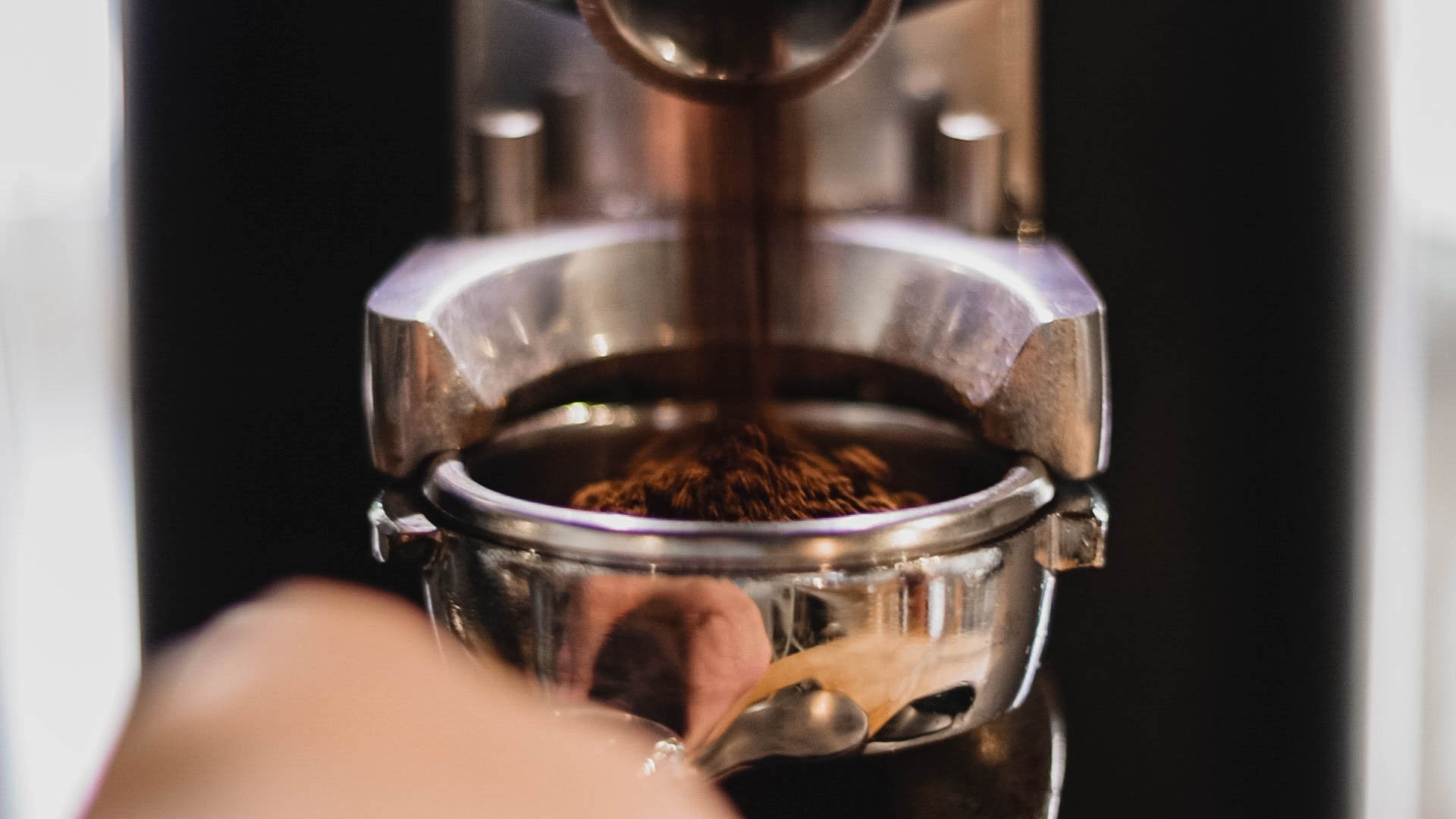What is Co-Fermented Coffee?
You may have heard the term “co-fermented” bandied about in recent years in reference to some specialty coffees, but what does it mean exactly? How are these coffees made? How does co-fermentation alter the taste? Let’s break it down!
Co-fermentation is when a producer adds an ingredient to green coffee beans during fermentation. Typically this is a natural ingredient like fruit. Allowing lychee, for example, to ferment along with the coffee beans imparts flavors that cannot be achieved by fermenting the coffee alone. This practice opens up a whole new level of tasting notes in specialty coffees! Think a really light coffee that already has sweet tropical fruit tasting notes and then kick it up a notch with the bold tropical tasting notes of the lychee. When done right the co-ferment should enhance and complement the existing tasting notes of the coffee, not overshadow them.
(If you want a refresher on different coffee processing methods and how coffees are fermented, check out our blog post here!)
Fermentation is essential to the production of many delicious beverages, think beer or wine or kombucha! We all know wine is fermented grapes, right? Well in recent years some coffee producers decided to play around with combining these other types of fermentation practices with typical coffee processing fermentation. For example the lychee we mentioned above was probably carefully sourced, washed, and fermented in the same manner that a good winemaker would treat their grapes. This combo leads to exciting new flavors for consumers and opens up a new level of creativity for producers all while maintaining the high standard so respected in specialty coffee.
What we really mean by this is that co-fermentation is not your flavored coffee of yesteryear. You know the oily dark roast that’s flavored French Vanilla or Hazelnut that your mom used to pull out of the back of the pantry on special occasions. That type of flavored coffee is created with chemicals and unnatural ingredients.
Co-fermentation is not that. If you’re shopping co-fermented coffees, look at the best specialty coffee roasters. They will have clearly disclosed on the label what the co-ferment is. Going with our lychee example from earlier, the label will say something like “honey-processed lychee co-ferment.”
Yes, the coffee beans were introduced to another ingredient during processing, but it’s important to note that the ingredient was natural like fruit or yeast.
So is co-fermentation here to stay or is it just a trend that will be on its way out before we know it?
It’s hard to say: the specialty coffee community is divided on this subject matter. Some purists do not agree with the practice of adding anything during processing, even something as natural as a tropical fruit. Others are excited about the new world of flavors and creativity that this practice opens up.
As far as BonLife goes, we’re sourcing some fun co-fermented coffees from producers we trust. (We like to visit and know the farmers we work with whenever possible, and you can read more about that here.) Currently we have two really delicious co-fermented coffees from Colombia. Though we won’t always offer a co-ferment as our selection is ever changing based upon seasonality and where we’re sourcing our coffees, you can shop co-fermented beans from us right now if you’re curious about this practice!








